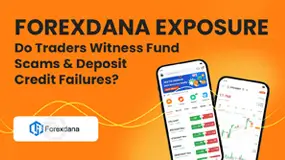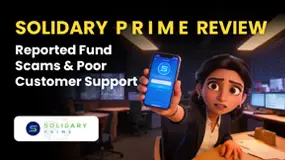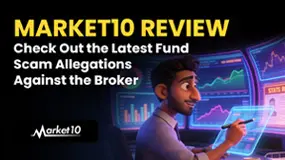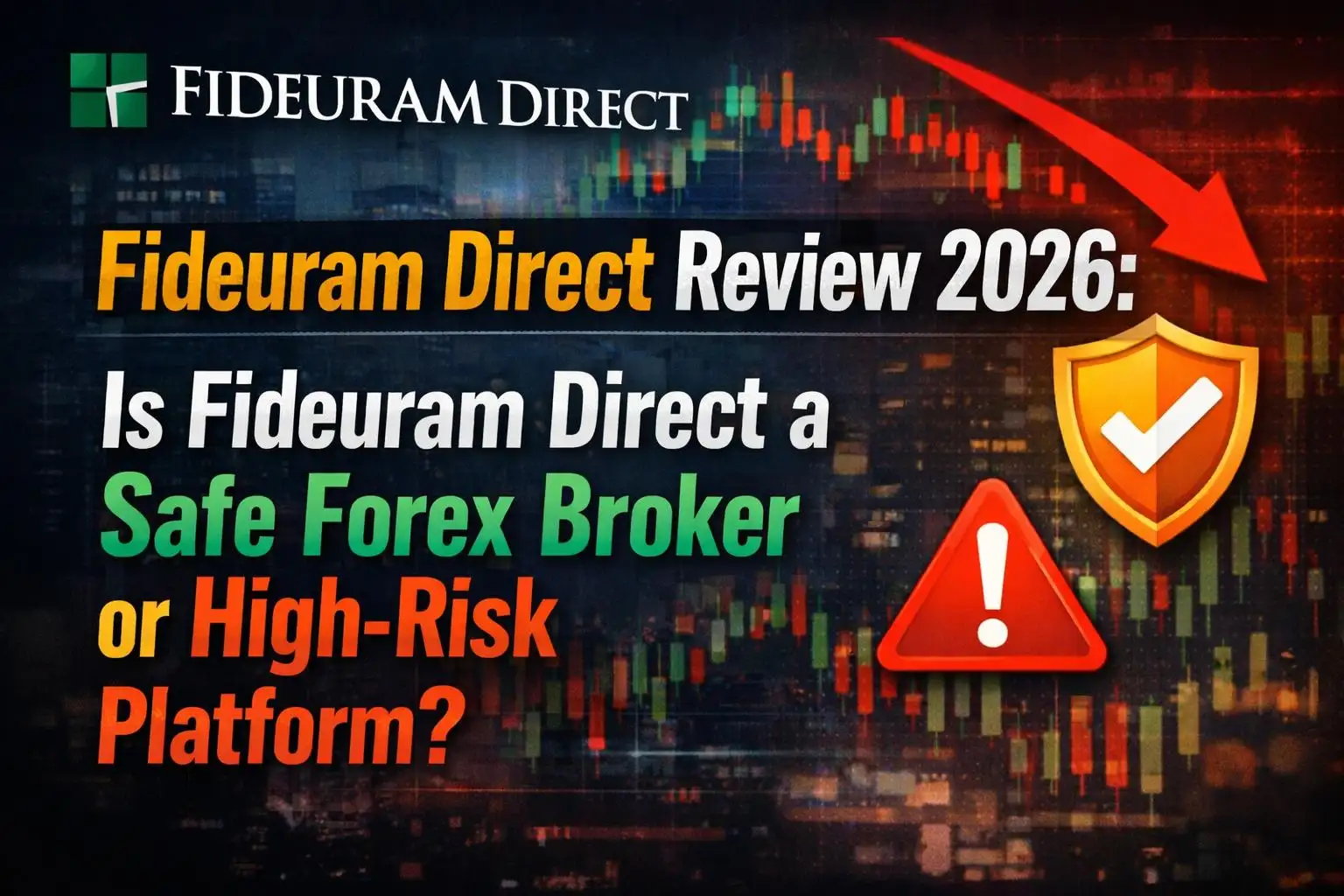Abstract:The Trump team proposes shifting crypto regulation from the SEC to the CFTC, aiming to spur innovation in the $3T digital asset market. Find out what's at stake.
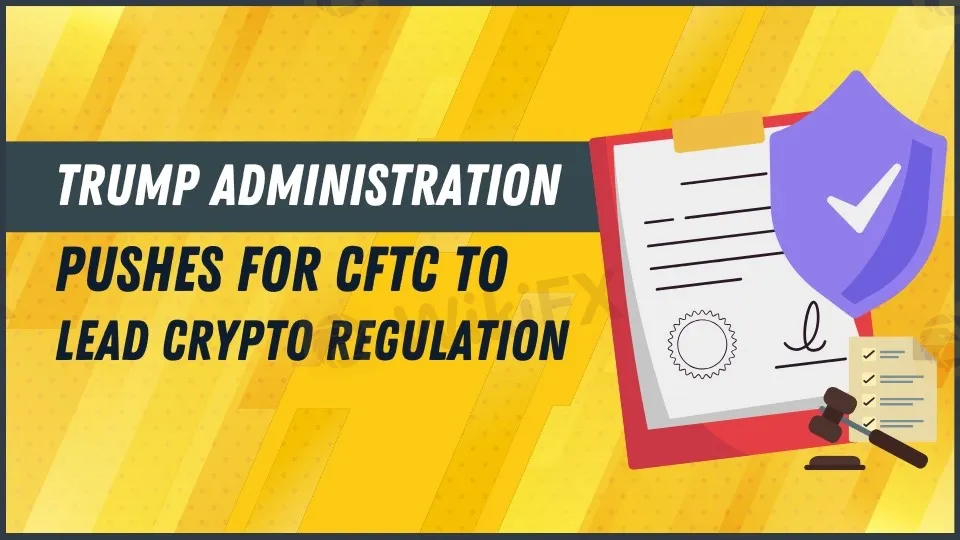
The incoming administration of President-elect Donald Trump is reportedly preparing a sweeping regulatory shift, granting the Commodity Futures Trading Commission (CFTC) primary authority over the burgeoning cryptocurrency industry. The plan, if enacted, would significantly diminish the Securities and Exchange Commission (SEC)'s influence in crypto oversight, a move that could reshape the U.S. digital asset landscape.
CFTC's Expanding Role in Crypto
Under the proposal, the CFTC would regulate spot markets for digital assets deemed commodities, including oversight of exchanges. The Trump team contends that the SEC's aggressive enforcement actions under Chair Gary Gensler stifled innovation, and advocates a more flexible approach to fuel industry growth.
Industry leaders have long supported CFTC oversight, citing the agency's perceived fairness and expertise in commodities regulation. Former CFTC Chair Chris Giancarlo, dubbed “Crypto Dad” for his pro-crypto stance, stated that with sufficient funding and leadership, the agency could seamlessly take on this expanded role.
Giancarlo pointed to the CFTC's pivotal contributions, such as classifying Bitcoin as a commodity in 2015 and approving Bitcoin futures contracts in 2017. Current CFTC Chair Rostin Behnam echoed these sentiments but stressed the agency's need for additional resources. The CFTC's 2024 budget of $706 million pales in comparison to the SEC's $3 billion, with only 700 staff versus the SEC's 5,300.
Despite limited resources, the CFTC has aggressively targeted crypto-related misconduct, with half of its enforcement cases in 2024 involving digital assets. Behnam described this statistic as “staggering” for an agency without explicit crypto oversight authority.

Shifting Power Amid SEC Leadership Changes
The proposed changes come as the SEC faces key departures. Chair Gary Gensler has announced his resignation effective January 20, 2025, coinciding with Trump's inauguration. SEC Commissioner Jaime Lizárraga will also step down three days earlier.
Gensler's tenure saw a crackdown on the crypto sector, declaring most tokens as securities—a stance that made the SEC unpopular with U.S. blockchain startups. In contrast, Trump's administration appears focused on fostering a pro-crypto regulatory environment, aiming to strike a balance between innovation and investor protection.
Chris Giancarlo is reportedly being considered for a new role as “crypto czar,” where he would help craft policy and advise on industry regulations. This role could include creating an advisory council to incorporate industry input.
CFTC Faces Resource and Legislative Hurdles
Expanding the CFTC's role would require Congressional approval and substantial funding increases. Behnam has called for additional support to effectively police fraud and manipulation in crypto spot markets, a responsibility that would complement its existing oversight of the $20 trillion derivatives market.
Traditional CFTC stakeholders, including agricultural and physical commodity regulators, have expressed concerns about potential resource dilution. These issues would need to be addressed through clear legislative frameworks.
The Trump administration also aims to reshape the SEC's internal culture after Gensler's controversial tenure, which saw significant turnover among senior officials. While Giancarlo declined consideration for the SEC chair role, his influence on crypto policy remains pivotal.
Industry Reaction and Implications
Many crypto industry participants welcome the shift to CFTC oversight, viewing the agency as having a lighter regulatory touch than the SEC. The CFTC's experience with institutional players in derivatives markets is seen as a strong foundation for handling digital assets.
However, this shift could face resistance in Congress, especially amid broader debates on how to regulate the fast-growing $3 trillion crypto market. While Bitcoin and Ethereum dominate, comprising roughly 70% of the market, stablecoins and emerging digital assets also demand nuanced regulation.
Final Thoughts
The Trump administration's proposed regulatory changes reflect a broader ambition to align U.S. crypto policy with innovation and global competitiveness. While the CFTC's potential leadership is seen as a win for the industry, the agency's resource constraints and legislative hurdles highlight the complexities of regulating an evolving market.
As the industry watches these developments, the balance between fostering innovation and protecting investors will remain at the forefront of the debate. Whether the shift toward a CFTC-led framework delivers on its promise will depend on securing Congressional support and adequate funding for effective oversight.






